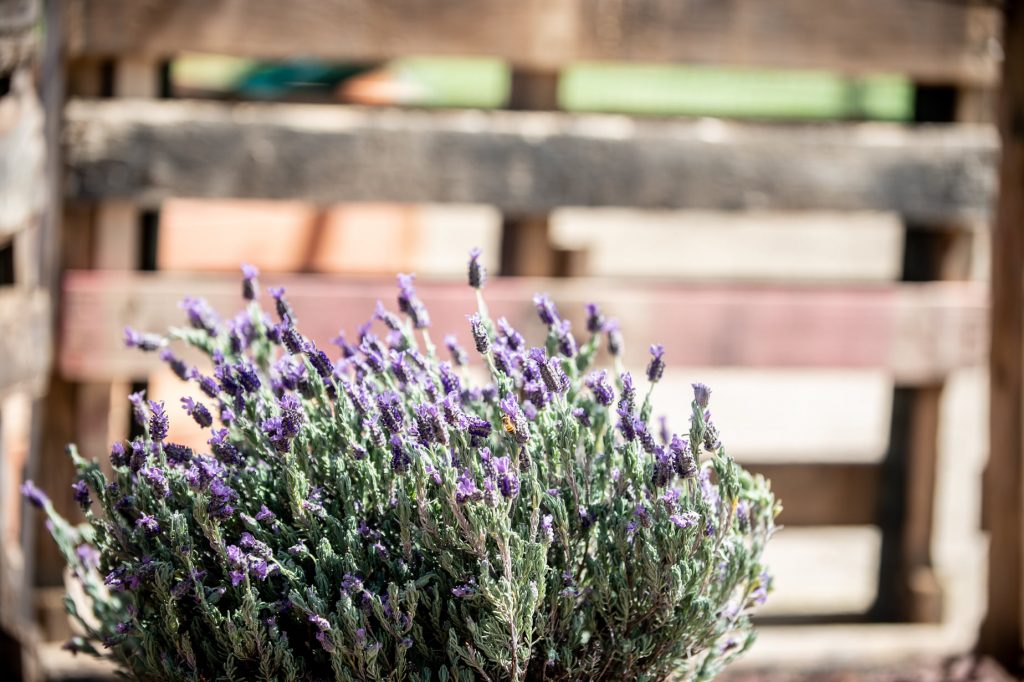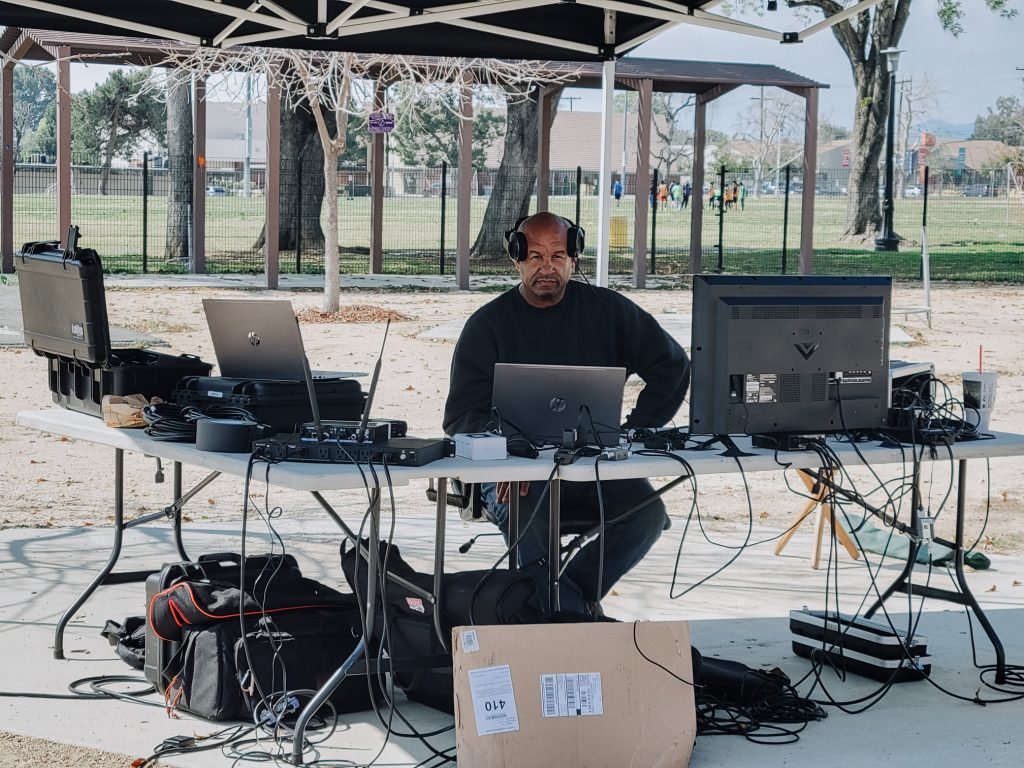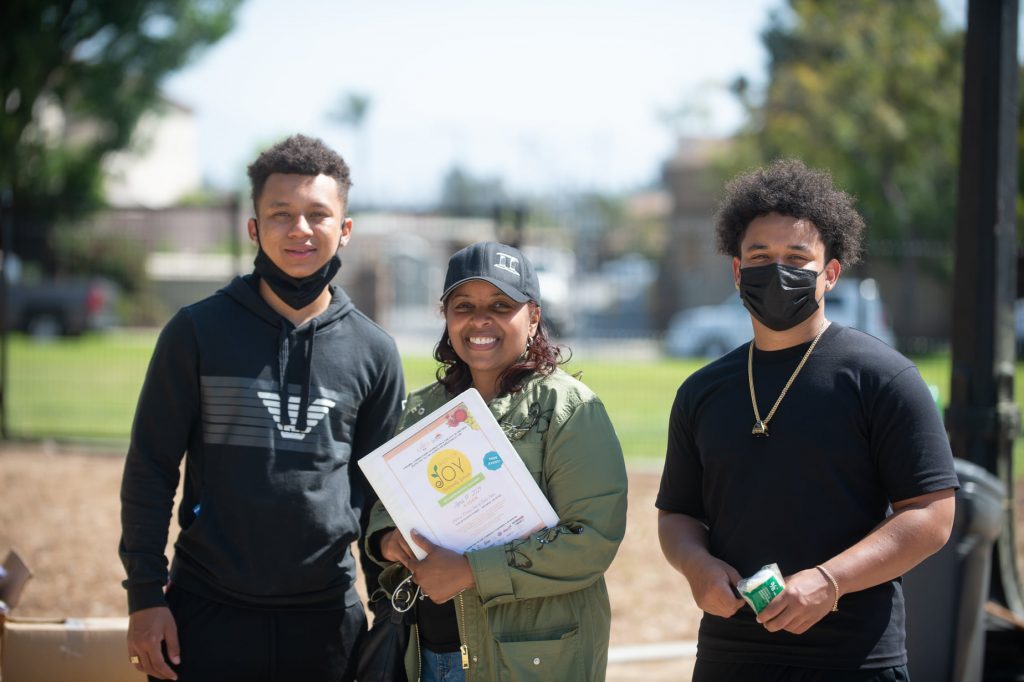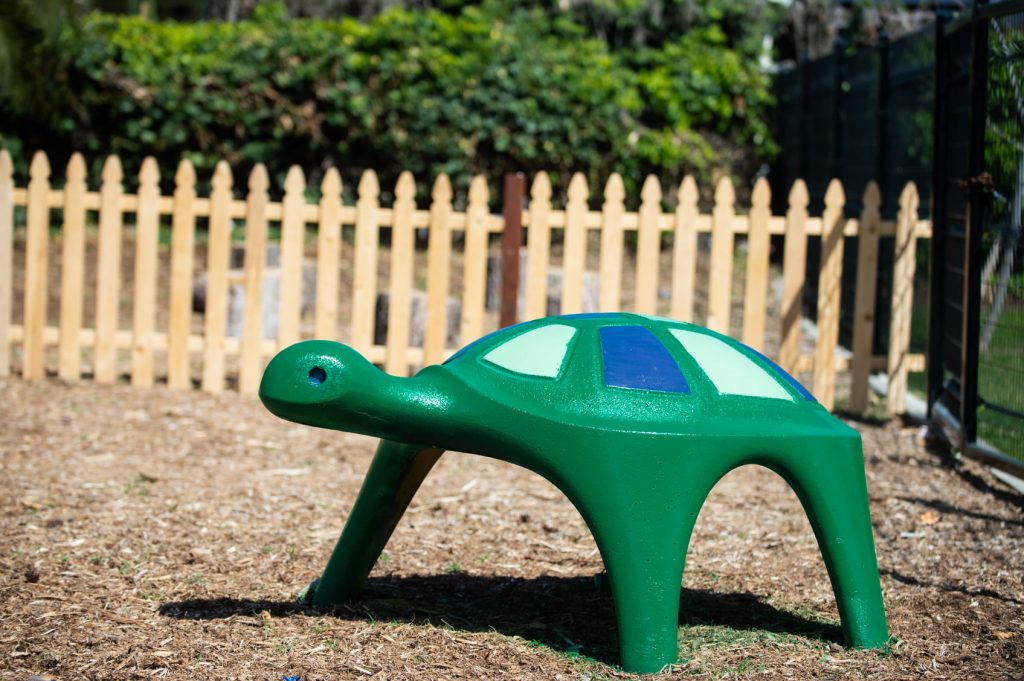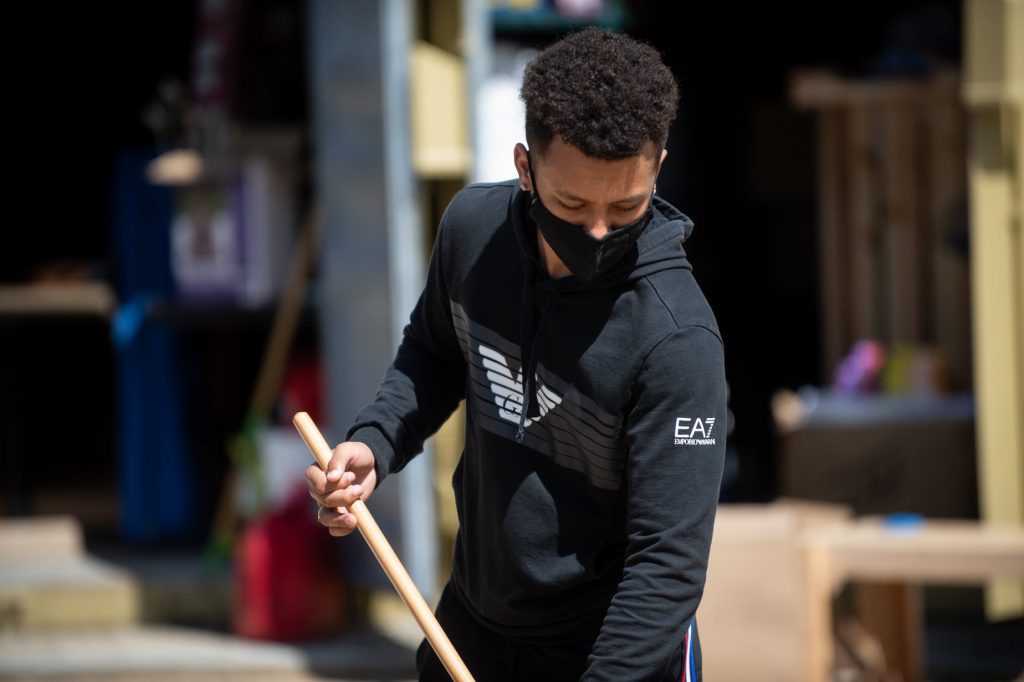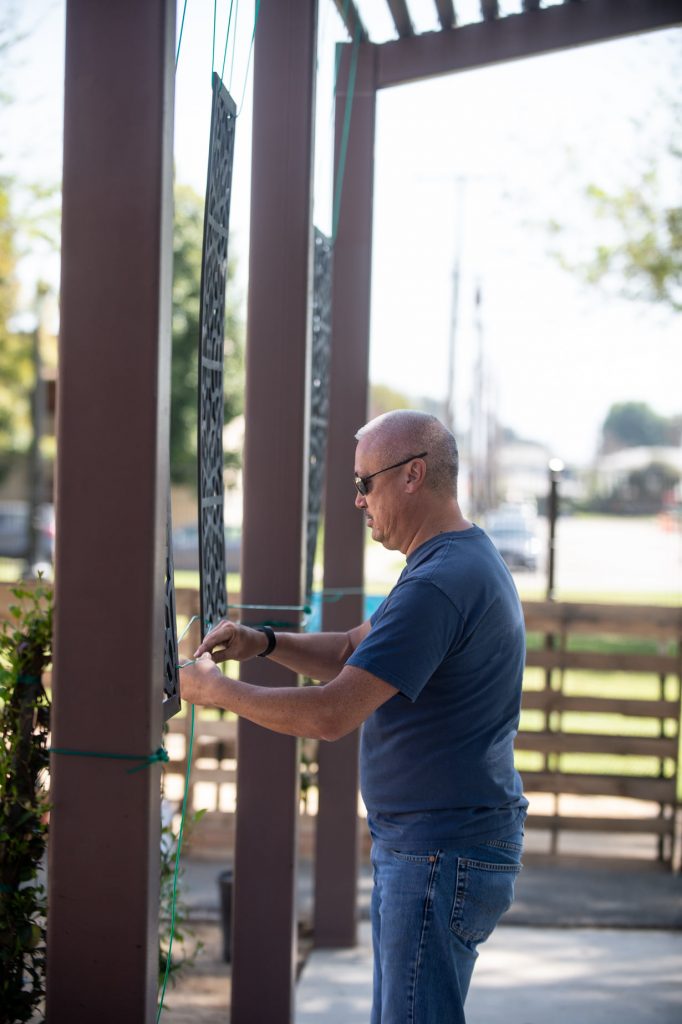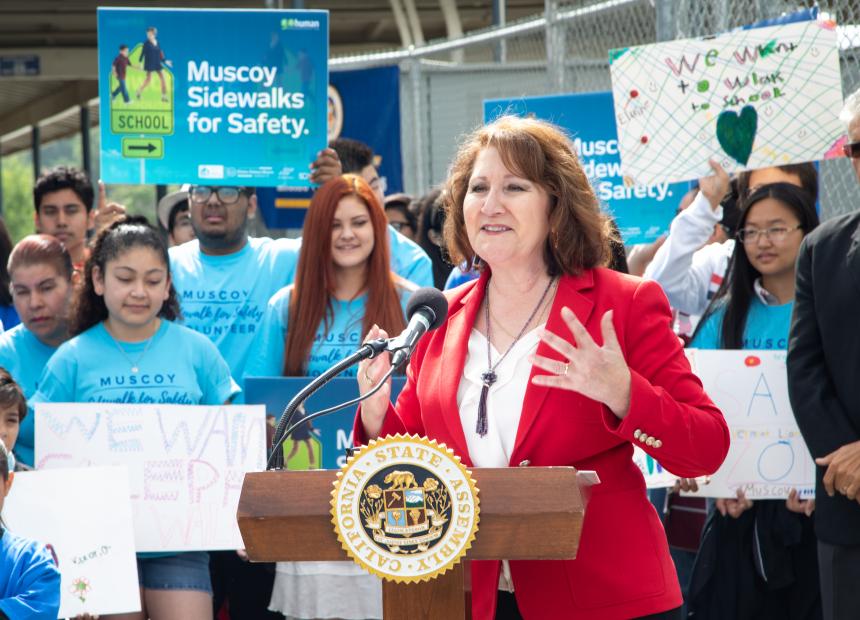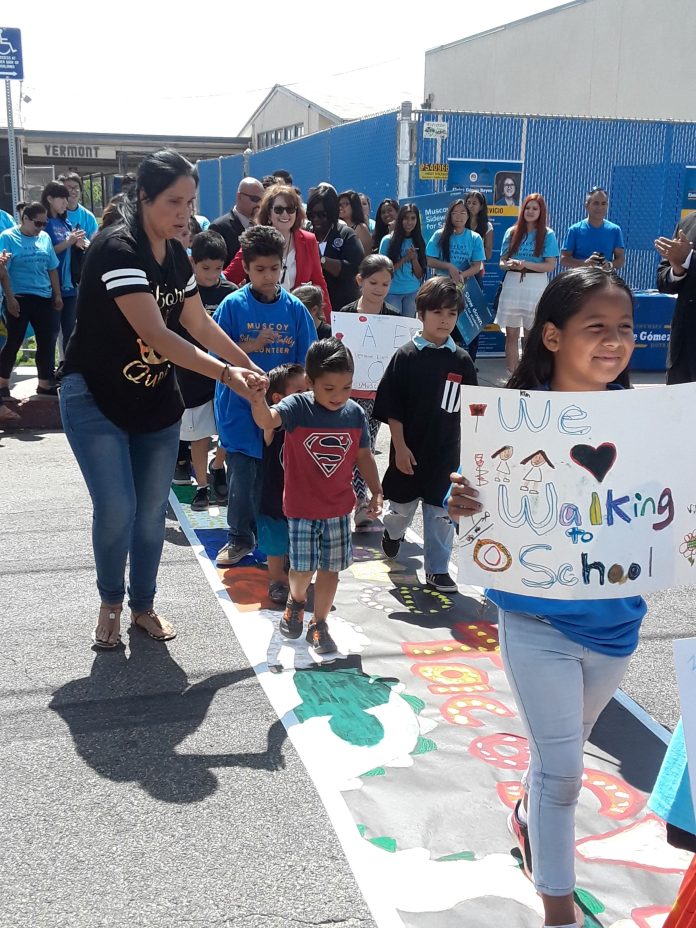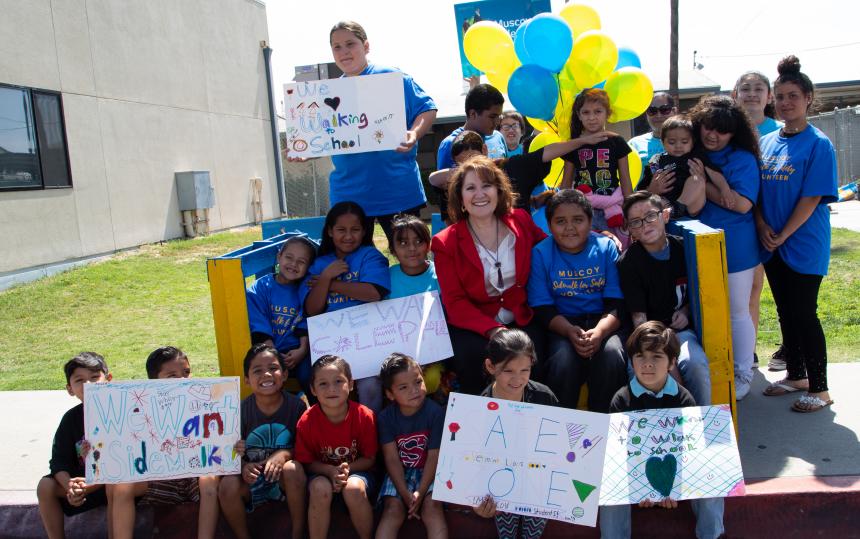By Aldon Thomas Stiles | California Black Media
Watching your tax dollars, elected officials and legislation that affects you.
The electoral process is foundational to the durability of America’s democratic structure.
And as the battle for fairer voting laws rages on, politicians and activists on the political Right claim they are responding to allegations of widespread voter and election fraud. Those on the Left say they are rallying to fight a coordinated political offensive to restrict access to the polls and increasing reports of voter suppression.
Recently, in some states, most notoriously Georgia and Florida, lawmakers have taken steps to restrict voting access and rights for many Americans.
But in California, policymakers and legislators are doing the opposite, making proposals to simplify the voting process and expand access to the polls.
Invoking the violent history of voter suppression in the South that her parents endured, which sometimes involved murders — California Secretary of State Shirley Weber says it is a priority of hers to “ensure the right to vote.”
“I tell people all the time that no number is good unless it’s 100% in terms of voter participation,” Weber told the Public Policy Institute of California. “Why didn’t 5 million go to the polls? We need to figure out where they are and what stopped them from going.”
In the California Legislature, an amendment to Senate Bill (SB) 29, which passed earlier this year, was one bill in a broader legislative effort to secure the right to vote in vulnerable communities.
Before that amendment passed, California law dictated that a ballot would be mailed to all eligible voters for the Nov. 3 statewide general election in 2020 as well as use a Secretary of State vote-by-mail tracking system to ensure votes are counted.
SB 29, which the governor signed into law in February, extended those requirements to any election “proclaimed or conducted” prior to Jan. 1, 2022.
2020 saw a record number of voter participation in California. Some political observers attribute that spike to the vote-by-mail system instituted last year.
“To maintain a healthy democracy in California, it is important to encourage eligible voters to vote and to ensure that residents of the state have the tools needed to participate in every election,” the bill reads.
Senate Bill (SB) 583, introduced by California State Sen. Josh Newman (D-Fullerton) would require the Secretary of State to register or preregister eligible citizens to vote upon retrieving the necessary paperwork from the Department of Motor Vehicles (DMV).
Citizens who do not wish to be registered can opt-out of the process altogether.
Newman stressed the importance of access and simplifying the voter registration process.
“In our state there are an estimated 4.6 million U.S. citizens who are eligible to vote who have not yet registered,” Newman said. “Our obligation as the people’s elected representatives is to make the process simpler and more accessible for them.”
On April 27, the Senate Transportation Committee passed SB 583 with a 13 to 3 vote. The Appropriations Committee has set a hearing for May 10.
Senate Bill (SB) 503, introduced by Sen. Josh Becker (D-Menlo Park), proposes that if a signature shares enough characteristics with a previous signature from the same voter, then it would be recognized as official on voting paperwork.
Current law dictates that a signature has to match exactly for it to be considered valid.
Disability Rights California (DRC), a non-profit advocacy organization that
advances and protects the rights of Californians living with disabilities, has come out in support of SB 503.
“Studies have shown that signature matches disproportionately impact voters with disabilities,” Eric Harris, director of public policy for the DRC wrote in a letter.
“Voters with disabilities, including seniors, are more likely to vote by mail and would have to sign their name on their ballots,” Harris argued. “A voter’s signature changes over time and for people with disabilities, a signature can change nearly every other time one is written. Some people with disabilities might have conditions that make it difficult to sign your name the same way multiple times.”
For now, the Senate Appropriations Committee has tabled SB 503, placing the bill in what the Legislature calls a “suspense file,” where it awaits further action by lawmakers.
At the federal level, lawmakers have introduced two bills in the U.S. Congress to expand voting rights, the For The People Act of 2021 and the John L. Lewis Voting Rights Advancement Act.
The For The People Act, or H.R.1, proposes a three pronged approach to expanding election access: Voting, campaign finance, and ethics.
Hilary Shelton, Director to the NAACP’s Washington Bureau and Senior Vice President for Advocacy and Policy, compared the current voting rights battle to that of the Civil Rights Movement in a press conference about H.R.1 and the John L. Lewis Voting Rights Advancement Act.
“If you look at some of those 1960s shots of the C.T. Vivians of the world, of the Joe Lowerys and so many others that helped lead Americans to those registration sites, you’ll see them actually literally being beaten to the ground,” Shelton said, referring to well-known Civil Rights Movement activists.
The John L. Lewis Voting Rights Advancement Act of 2021, or S.4263, would amend the Voting Rights Act of 1965 to restore the powers it lost after the
Supreme Court’s 2013 ruling in Shelby v. Holder. In that case, the U.S. Supreme Court ruled that laws requiring states and local communities to first clear any changes to voting their local laws with the feds, was unlawful.
“Well, we’ve become more sophisticated in our disenfranchisement,” Shelton continued. “We want to make sure that we stop that disenfranchisement all along the way and that’s why we’re convinced that a bill named for John Lewis and a bill that speaks for the people are bills that need to pass.”
 Westside Story Newspaper – Online The News of The Empire – Sharing the Quest for Excellence
Westside Story Newspaper – Online The News of The Empire – Sharing the Quest for Excellence
